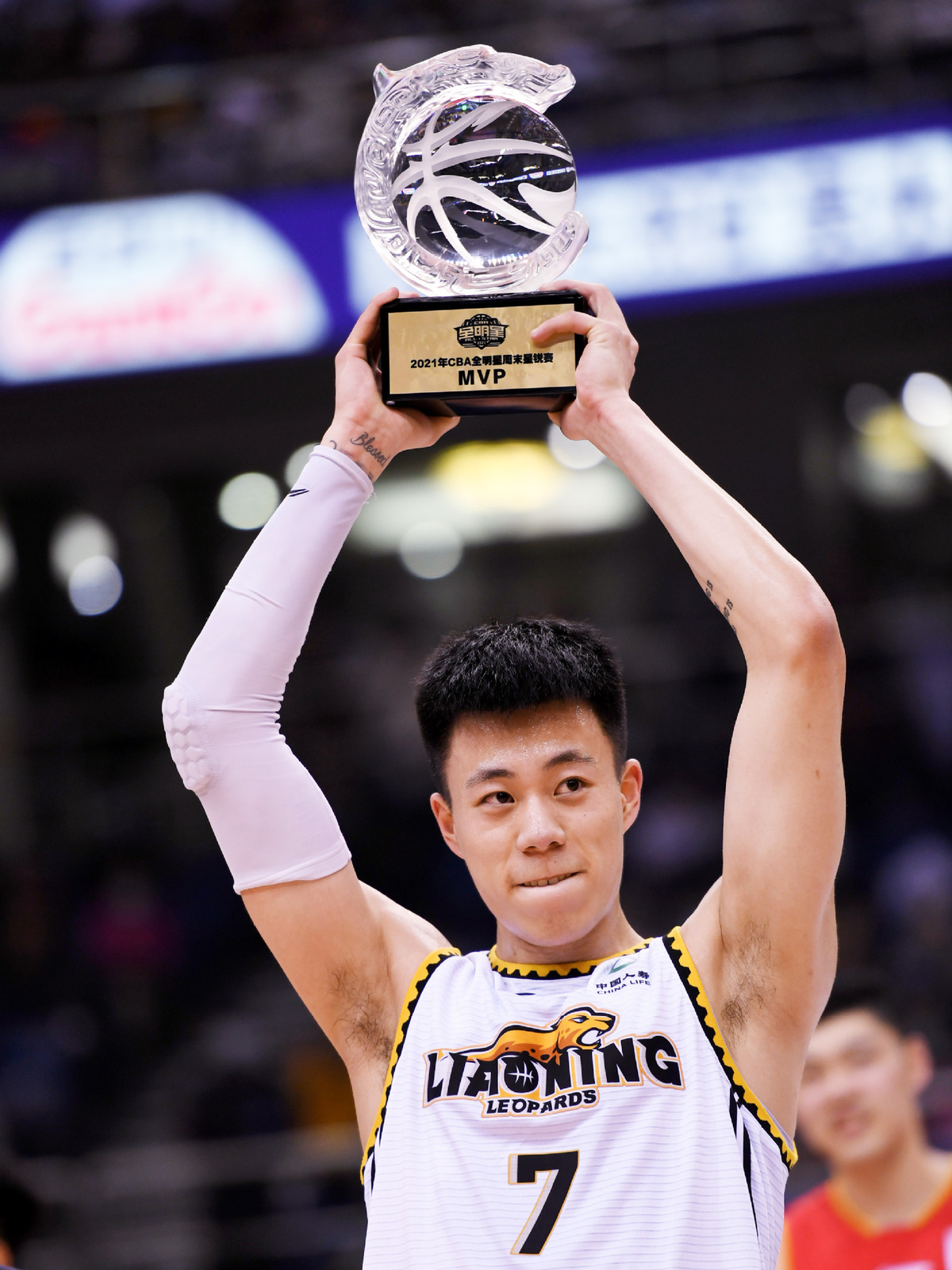Tapping talent on campus seen as key to greater goals
 0 Comment(s)
0 Comment(s) Print
Print E-mail China Daily, March 22, 2021
E-mail China Daily, March 22, 2021

With China stepping up efforts to enhance its sporting prowess, policy advisers and observers have called for greater sports participation on campus to help expand the nation's talent pool.
Already an elite competitor on the international stage, China is shifting its focus from winning medals to promoting healthy living among the general population as part of a strategy outlined in the country's 14th Five-Year Plan (2021-25) for economic and social development.
At the annual two sessions earlier this month, members of the National People's Congress and the Chinese People's Political Consultative Conference, the top legislature and political advisory body respectively, agreed that only by enhancing sports' role in China's education system can the country embrace a more successful future in international competition.
"Promoting the combination of sports participation and education has been a pressing issue that is vital for the healthy development of our country's youth," Gou Zhongwen, minister of the General Administration of Sport of China, said during a meeting last week to review proposals from the two sessions.
"School sports participation plays an important role in all-round education, while on the other hand helps expand our talent pool at youth level to strengthen the base of the elite sports system."
Underlined by a joint proposal from the CPPCC National Committee's sports panel, retired Olympic champions, officials and scholars have reached a consensus that the next five-year plan should focus on better facilitating school sports programs by hiring retired athletes as full-time PE teachers, increasing the role of PE tests in high school and college admissions, and building multi-layered league systems that connect primary schools to the college ranks.
Although still a relatively thin supply line for China's elite sports talent pool, the country's school sports system has witnessed the rise of a small yet growing group of players who are making their presence felt on the professional stage.
During the CBA All-Star events over the weekend, nine players drafted from the CUBA, the country's top collegiate league, showcased their talents in the slam-dunk contest, 3-point shootout and the rising stars game.
The impressive performance of Sichuan Blue Whales rookie forward Zhu Songwei, a CUBA standout from Shantou University highlighted the improving quality of talent honed in Chinese colleges. Zhu contributed 16 points and eight rebounds to lead the south conference to a 106-103 victory over the north in the rising stars game on Saturday.
In the northern conference squad, Liaoning Leopards' rookie Zhang Zhenlin notched 24 points, seven rebounds and four assists to win the MVP award. Zhang's route to the CBA incorporated a hoops education at home and abroad, having studied and trained in the United States since he was 14.
Inspired by the model of the National Collegiate Athletics Association in the US, China's professional leagues and elite national programs are extending their talent search into universities, highlighted by the increasing number of CUBA players drafted into the CBA over the past five years.
However, the lack of training support and acknowledgement of athletic achievements in Chinese schools pose major challenges. Academic excellence and college entrance exam scores remain the overriding focus for students, teachers and parents, often to the detriment of sporting development.
"I think it helps for trainers and coaches from professional clubs and sports associations to inject their expertise into schools to help raise the quality of PE classes and extracurricular training," said Zou Kai, a five-time Olympic champion in gymnastics and a CPPCC member.
"The sports and education authorities should work more closely together to figure out policies for more retired pros to become school PE teachers and varsity team coaches," he said.
Zou's suggestion was echoed by another former Olympic champion, Yang Yang, who filed a proposal to this year's session calling for the re-employment of former athletes as fitness instructors, managers and consultants at schools and public sports facilities.
Knowledge and skills that champions have honed at the elite level will be valued and put to good use to benefit the public at the grassroots level, said Yang, who won China's first and second Winter Olympic gold medals in short-track speed skating at the 2002 Games in Salt Lake City, United States.
"Sports participation is growing and we need professional support for communities," added the 45-year-old.
"At the same time, there are retired athletes who may have difficulty in making a transition and finding new jobs. So we should have programs to support those athletes to continue to contribute with their skills."





